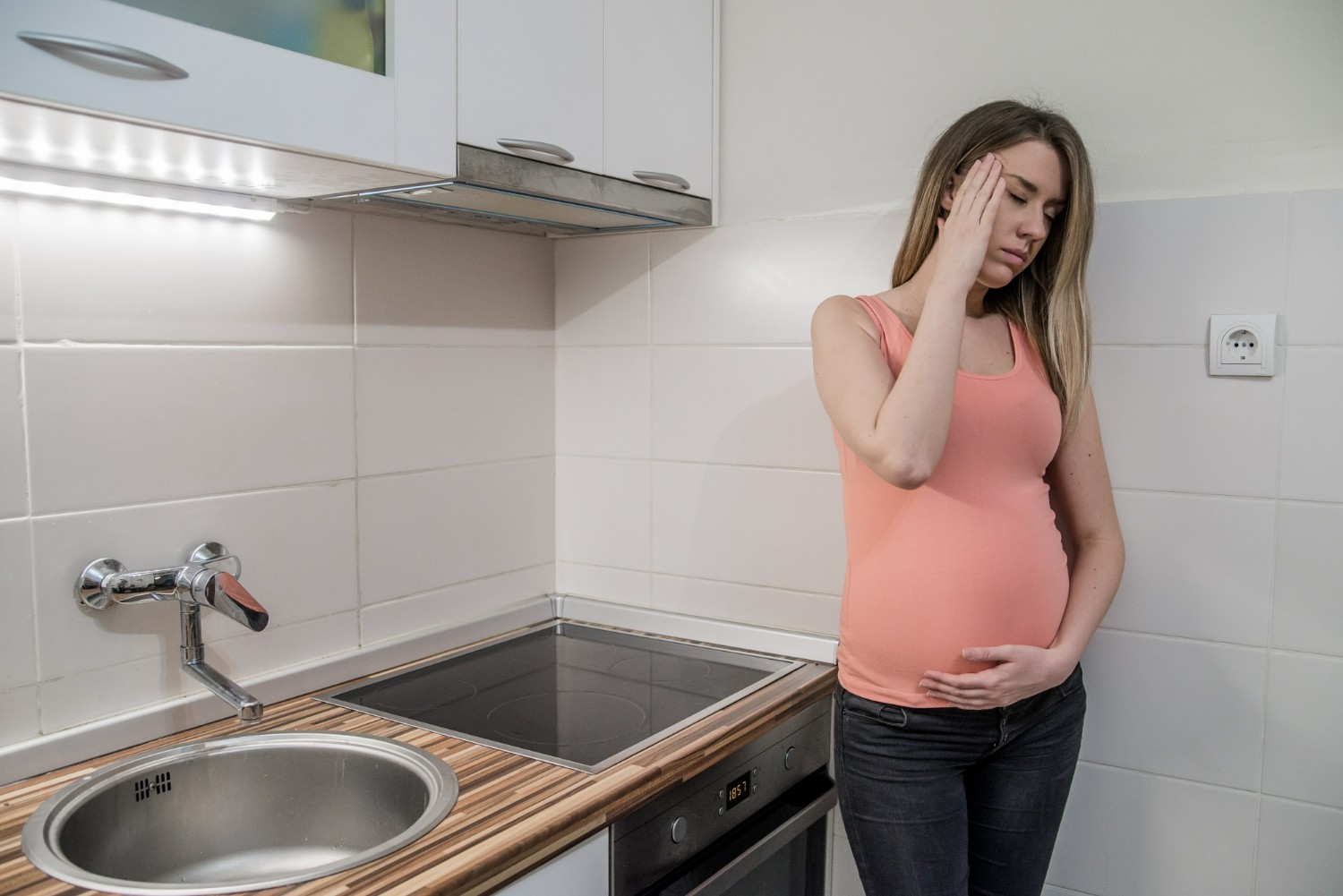Pregnant women should watch out for hypertension or high blood pressure during pregnancy. The reason is this can be dangerous for pregnant women and the fetus they contain. Besides being able to cause babies to be born prematurely, it can also drive stunted fetal growth. For a full review, see the article below.
Hypertension and its Symptoms
According to the CDC, hypertension in pregnancy can increase the risk of pregnant women having a stroke and the need for labor induction. It affects pregnant women, and babies can experience premature birth (birth that occurs before 37 weeks of gestation) and low birth weight.
- Must Know! List of Nutrients Pregnant Women Need
- 5 Things You Should Know About the Position of Breech Babies, Pregnant Women Must Know!
- Complete Explanation and Characteristics of Monozygotic and Dizygotic Twins
- How to Calculate the Estimated Due Date of Birth (HPL) Accurately, Learn the Formula!
- Here's How to Get Rid of Stretch Marks After a Cesarean Delivery
Symptoms of hypertension in pregnancy include;
- Headache
- Vomiting and nausea
- Decreased vision
- Decreased liver function
- Decreased urination intensity
- Decreased platelet levels
If you experience these symptoms during pregnancy, make sure you see a doctor immediately for further treatment. The sooner it is treated, the better it will be for pregnant women and children.
Types of Hypertension During Pregnancy
The following are the types of hypertension that pregnant women can experience during pregnancy, which are as follows:
1. Gestational Hypertension
The first type of hypertension is gestational hypertension, generally appearing after 20 weeks of gestation. This condition occurs when you only have high blood pressure during pregnancy and have no protein in your urine or other heart or kidney problems.
Gestational hypertension usually goes away after a pregnant woman gives birth. This risk may increase when you are pregnant with your first child or if you have diabetes.
2. Chronic Hypertension
Chronic hypertension is when pregnant women have high blood pressure before 20 weeks of gestation. Women with chronic hypertension may also develop preeclampsia in the second or third trimester of pregnancy.
In contrast to gestational hypertension, this type of chronic hypertension will not go away even though you have given birth to your baby.
3. Preeclampsia
Pregnant women who have gestational hypertension and chronic hypertension can develop preeclampsia.
Preeclampsia is a severe blood pressure that can interfere with the work of organs in the body. Some of the symptoms of preeclampsia include;
- Difficulty breathing
- Nausea
- Decreased vision
- Headache
- Hand swelling
Prevention of Hypertension in Pregnancy
Pregnant women can prevent hypertension during pregnancy in the following ways;
- Regular exercise
- Avoid alcohol
- Check for pregnancy regularly
- Reduce salt consumption
That’s the review this time about the dangers of hypertension during pregnancy that you must be aware of. Make sure you care for your health so the fetus develops healthily. Hopefully, it’s useful!



 Bahasa Indonesia
Bahasa Indonesia English
English 中文 (香港)
中文 (香港)